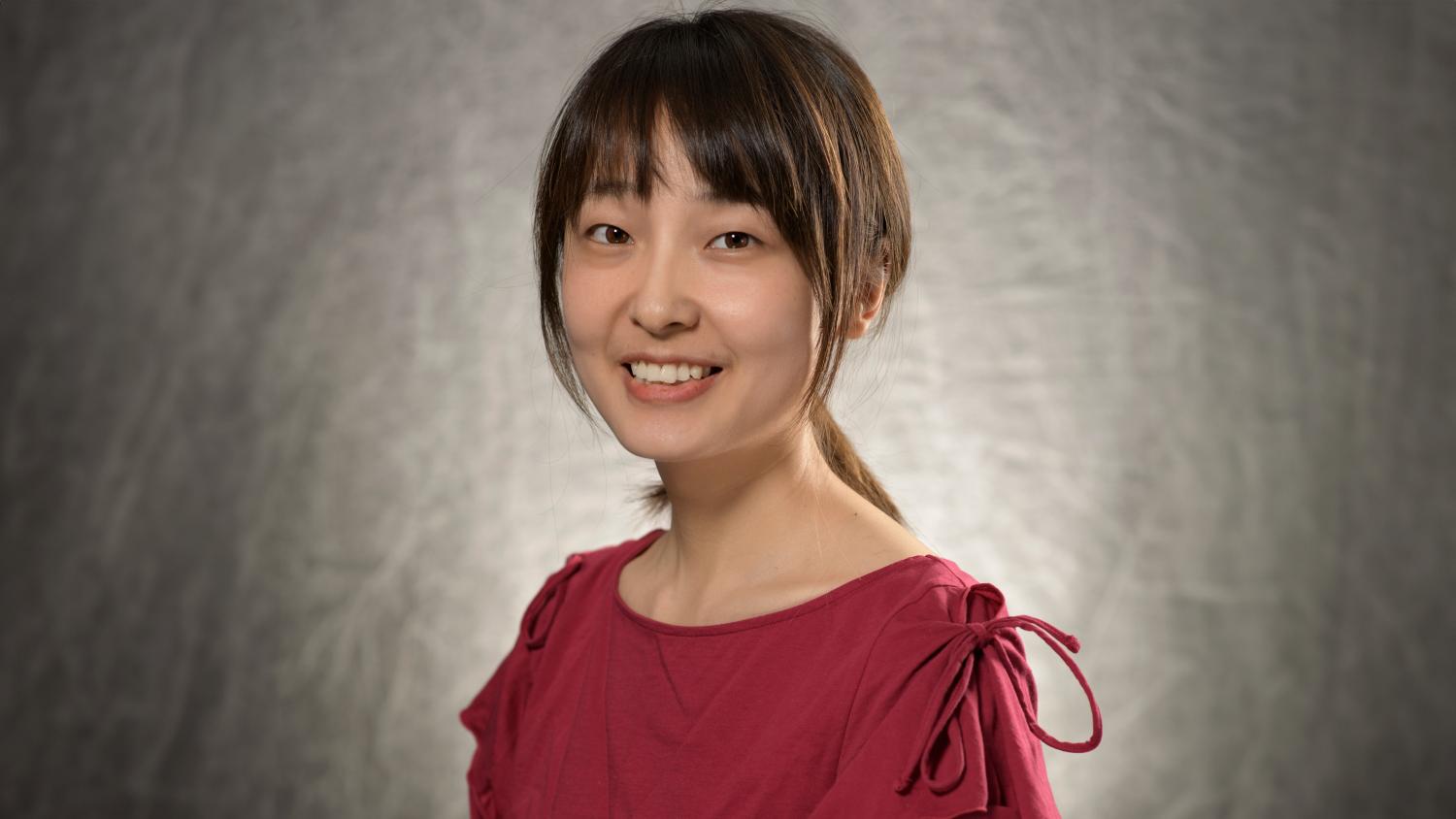
Hao won the award for her next-generation High-Level Synthesis tool, named ArchHLS.
Georgia Institute of Technology School of Electrical and Computer Engineering (ECE) assistant professor Callie Hao was awarded the National Science Foundation (NSF) Faculty Early Career Development Program (CAREER) award.
The honor is the NSF’s most prestigious award for early-career faculty, supporting those who have the potential to serve as academic role models in research and education. Hao is the first ECE faculty to win the award in 2024.
Hao’s project, “Next Generation of High-Level Synthesis for Agile Architectural Design (ArchHLS),” aims to revolutionize High-Level Synthesis (HLS) tools by introducing a next-generation tool, named ArchHLS, promising faster and more efficient computing systems.
HLS digitally creates hardware designs based on algorithmic specifications. Current HLS tools are good at synthesizing a specific algorithm into hardware, but struggle with general domain-specific architecture designs and evolving workloads.
Hao’s ArchHLS tool will address these shortcomings with three key innovations: decoupling architectural design and workload mapping to allow flexible architecture extraction and customized control flow, automating architecture evolution to adapt to fast-changing algorithms, via automated workload compilation, mapping, and computation pattern matching; and enabling comprehensive and accurate performance profiling for designs to provide feedback for architecture evolution.
In addition to the innovation of the tool, it will be applied to multiple application domains such as high energy physics, genomic data processing, and climate modeling.
Hao also recently won the Intel Rising Star Faculty Award, which recognizes early-career academic researchers who are at the forefront of technological research with the potential to reshape industries. She was the first ECE faculty to win the award since 2020.
Hao joined ECE in 2022 and currently holds the Sutterfield Family Early Career Professorship. She received her Ph.D. in electrical engineering from Waseda University, Japan, in 2017, and was a postdoc at the University of Illinois Urbana-Champaign from 2018 to 2021.
Her primary research interests are a combination of efficient hardware design, design automation, and machine learning algorithms.
Learn more about the NSF Faculty Early Career Development (CAREER) Program.